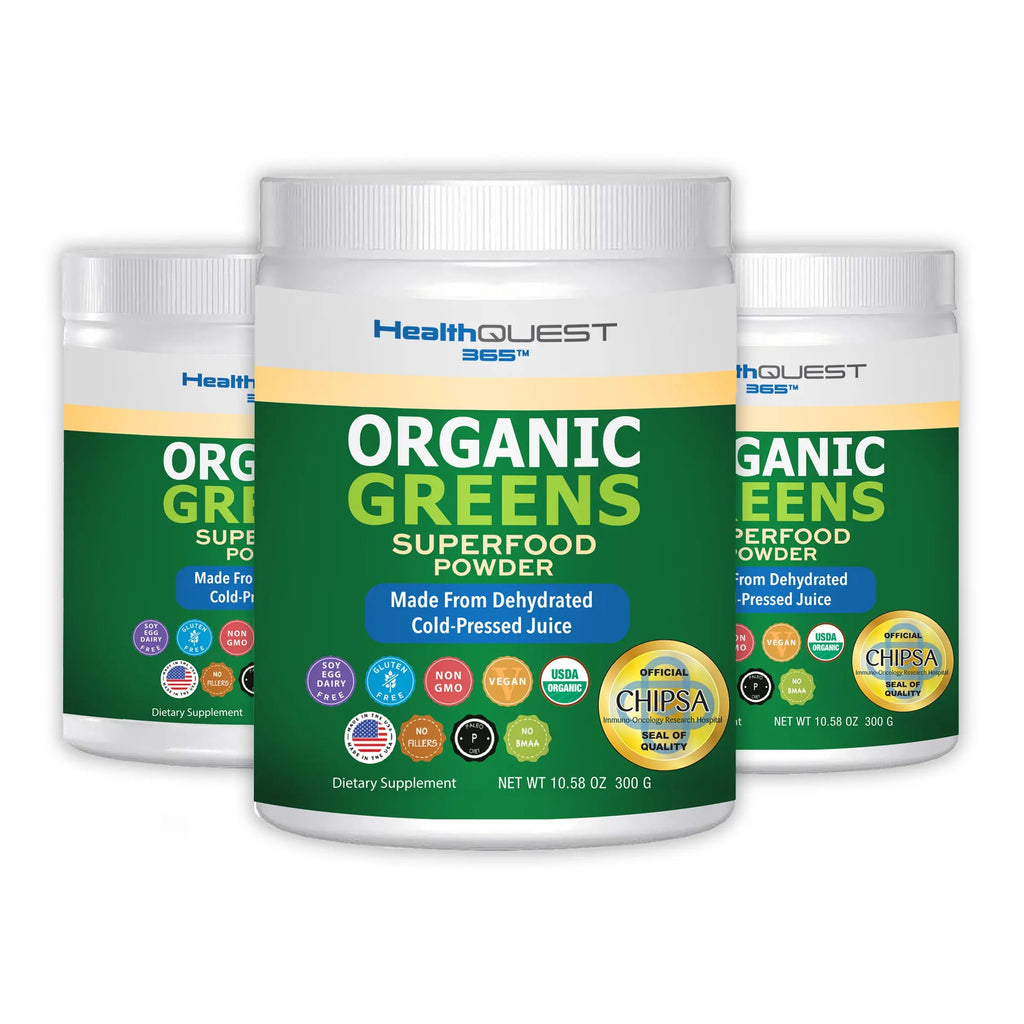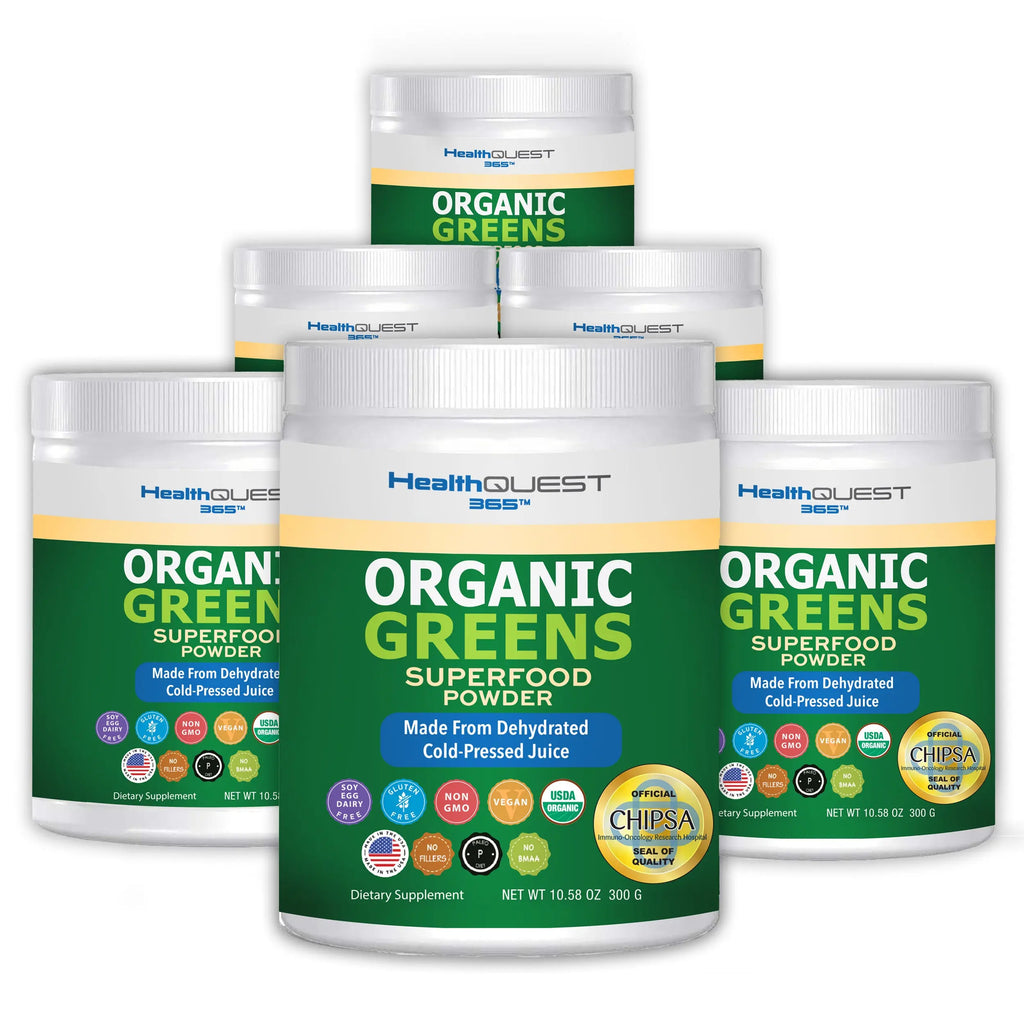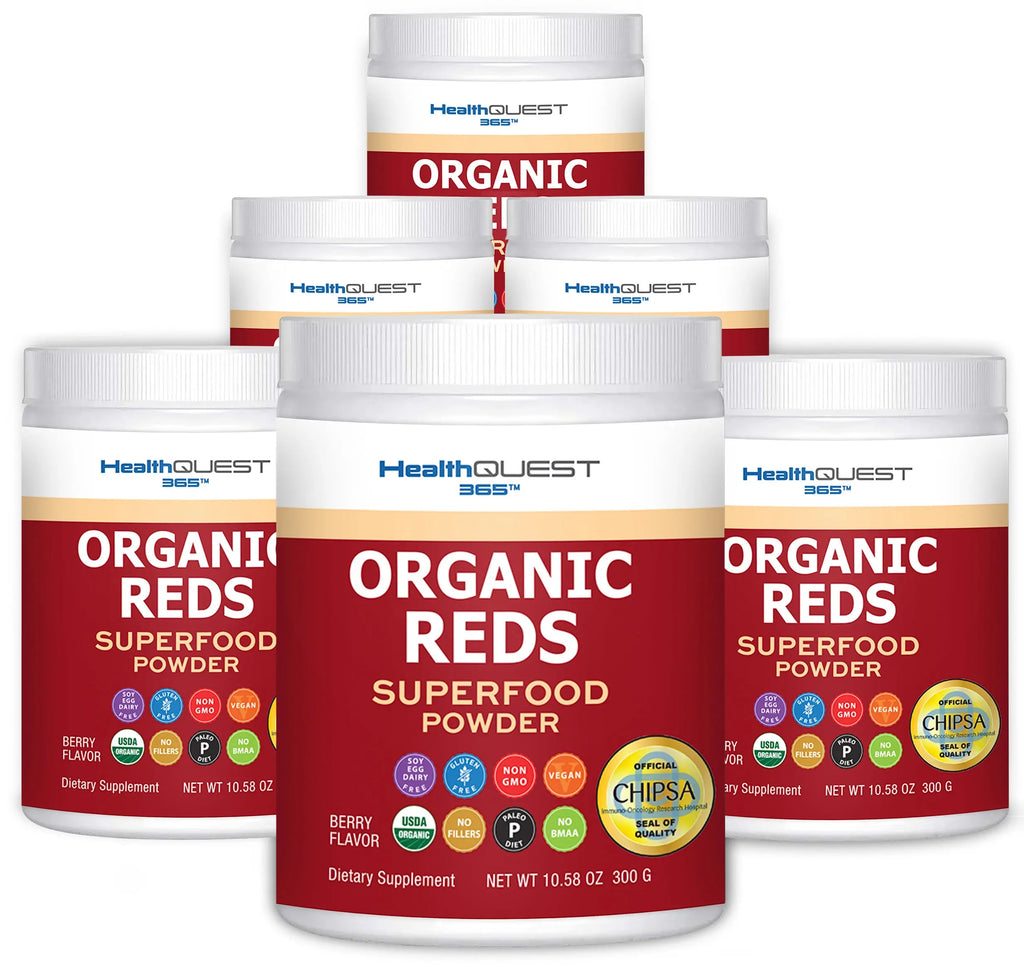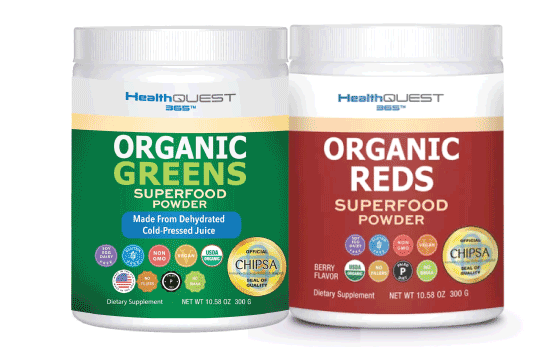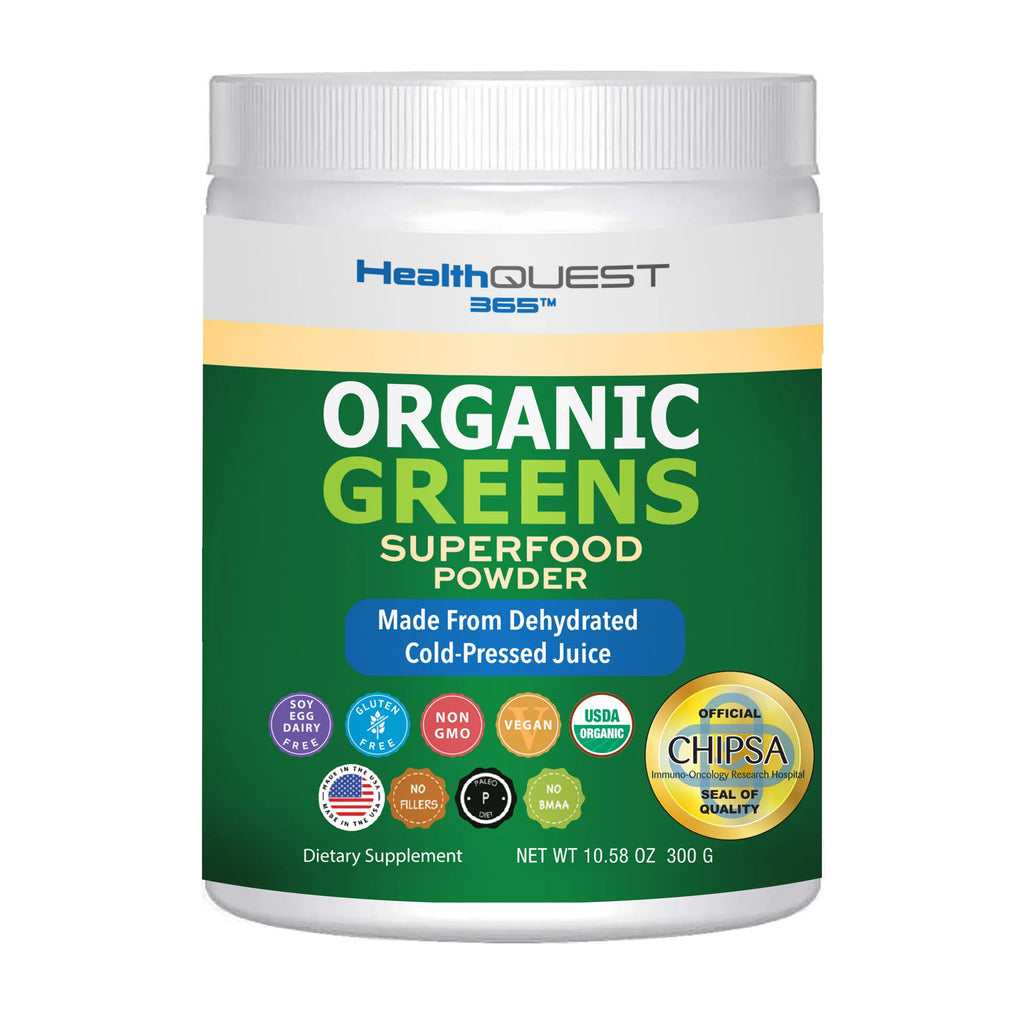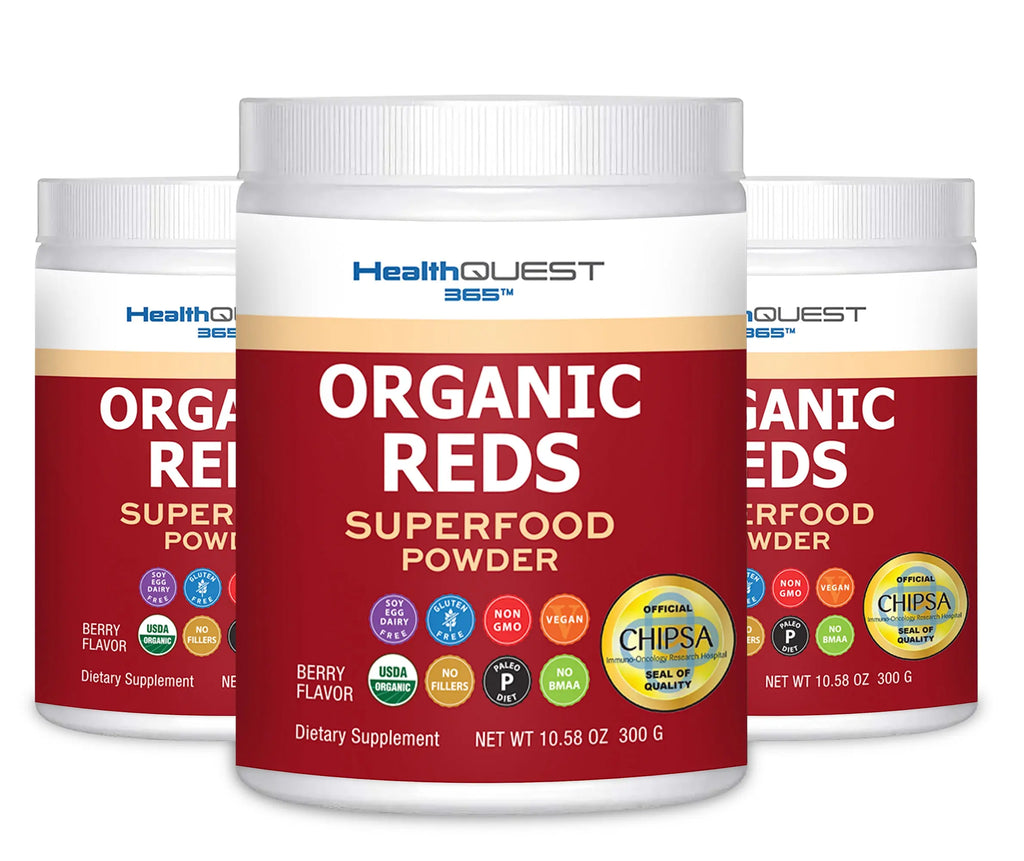It’s about health. It’s about healthy lifestyle. It’s about family™

Stem Cells Clinics
Stem cell therapy is showing promise in the field of regenerative medicine. It has the potential to treat many conditions. One example is heart disease — the leading cause of death in the world.
Stem cell clinics have opened up everywhere. They offer therapies that promise to treat stroke, congenital heart disease, and others. Some clinics also offer treatment for orthopedic injuries. However, it is prudent to know more about stem cells before going to a clinic.

WHAT ARE STEM CELLS ?
Stem cells are “origin” cells that can turn into different types of cells, such as:
-
Heart muscle cells
-
Blood vessels
-
Other tissues
HOW DOES STEM CELL THERAPY WORK ?
Heart disease is a leading cause of death worldwide. Stroke is one of its most common complications. Sadly, some patients with heart disease cannot undergo traditional treatments. Take for example surgery or medication. In these cases, stem cell therapy may be a promising option.
ADMINISTERED VIA INJECTIONS
In stem cell therapy, stem cells are injected into the body. This is to replace damaged cells and promote healing. Stem cells can come from different sources, including:
-
Bone marrow
-
Blood
-
Skin samples
TURNS INTO DIFFERENT CELL TYPES
Stem cells have been shown to turn into heart muscle cells. They can also contribute to the growth of new blood vessels. This can lead to more blood flow to the heart muscle, easing scar tissue and boosting heart function.

Give You ALL Our Best Workbooks
Get all the Best Workbooks + Action Guides from our expert
UNDER MORE RESEARCH
Stem cell therapy is still relatively new. Much research is needed before we can declare it as the best option for patients.
Clinical trials are underway to test the efficacy and safety of stem cell therapy for heart disease. These trials test the treatment of patients and monitor progress over time. This data will help experts understand the benefits and risks of stem cell therapy.
STEM CELL THERAPIES IN CLINICS
Stem cell therapy is high-risk, mostly because it is not yet regulated. Stem cell clinics are not subject to the same standards as hospitals and medical centers. Some clinics are also known to use unproven and potentially harmful treatments.
Patients who undergo stem cell therapies are often injected with stem cells under general anesthesia. This can lead to complications.
NOT FOR EVERYONE YET
Researchers and patients should be aware that the treatment may not work for everyone. While effective for some, there is a reason why the FDA has not yet approved the therapy.
In addition, patients may feel discomfort or other side effects after a session.


FREE "Mystery Gift"?
Let me stay in touch with you via email and as a thank you - get this FREE gift.. Something others paid over $1,000 for.
(True story)

CHOOSE A TRUSTED CLINIC
If you are considering stem cell therapy, do your research and choose a reputable clinic. Look for clinics that have a history of successful treatments. You can also choose those that have been involved in a clinical trial.
Ask the doctor about the risks and benefits of the treatment. In addition, inquire about the data they have on the therapy's success rates.
To Wrap Up
Stem cell therapy is showing promise, more so for heart problems. This is why stem cell clinics have opened up all over the world. Many of them aim to treat heart failure or prevent a heart attack from occurring. Some clinics also target orthopedic injuries.
However, you must first understand the benefits and risks of the treatment. Also, choose a reputable clinic before trying the treatment.
Stem cell therapy might just open the path to healthier lives for patients.
TRY ORGANIC GREENS 365 SUPERFOOD POWDER
Do you want to make a positive change in your health and well-being? Consider the Organic Greens 365 Superfood Powder! It is packed with essential nutrients, like antioxidants, vitamins, and minerals. These things support overall health, such as the health of your cells.
Our superfood powder is a simple way to mix vital nutrients into your daily routine. By making this small change, you can help boost your immune system. You can also improve blood flow and promote overall health. Invest in your health today by trying Organic Greens 365.
Take the first step toward a healthier you.
FREQUENTLY ASKED QUESTIONS
Yes, incorporating certain nutrients into your diet can help manage stress.
Limiting consumption of sugar, refined carbohydrates, caffeine, alcohol, high-sodium, and processed foods can help manage stress.
Yes, mindful eating practices, including understanding your hunger cues and savoring each bite, can help reduce stress levels.
Absolutely, physical exercise is a proven stress reducer and, combined with good nutrition, can greatly aid in managing stress.
Yes, consulting with a registered dietitian or nutritionist could provide personalized guidance to manage stress through nutrition.

